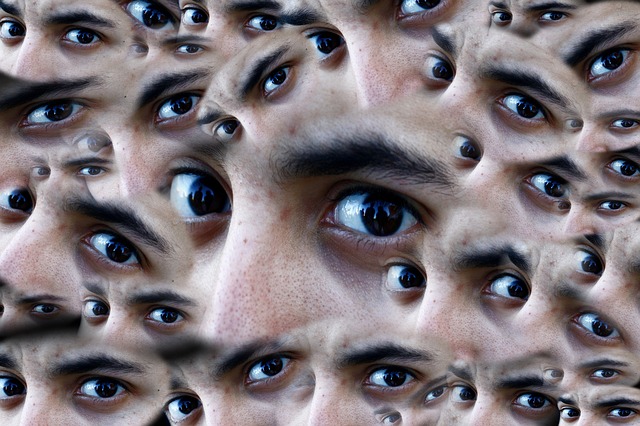If you’re struggling with anxiety, you can be assured that you are not alone; according to the American Psychiatric Association, more than 40 percent of Americans are struggling with the same mental health disorder. Anxiety can be attributed to a variety of things, some of which include environmental factors, medical factors, genetics, and brain chemistry. That said, there is new evidence suggesting a possible correlation between allergies and anxiety in that allergies can either trigger or worsen the condition. Of course, this information has caught the attention of not only the healthcare community but also everyday people. After all, allergies are said to be one of the primary causes of chronic illness and are responsible for more than $18 billion in healthcare costs, according to the CDC (Centers for Disease Control and Prevention).
ALLERGY STATISTICS
When it comes to allergies, we are on the cusp of an epidemic as over 50 million Americans have allergies of some kind, according to the CDC. And the problem extends beyond American borders as more than 150 million individuals across Europe are struggling with a variety of allergies as well, according to data compiled by the European Academy of Allergy and Clinical Immunology.
STUDIES ON ALLERGIES AND ANXIETY
According to one study published by Medical News Today, a web-based publication for medical news aimed at physicians and the general public alike, certain allergic reactions like allergic rhinitis, asthma, and atopic dermatitis, for example, can lead to the development of anxiety as well other forms of mental illness.
In a separate study conducted by researchers at the Technical University of Munich (TUM) in Germany, in collaboration with researchers and scientists from several other German and Swiss institutions, the results were similar. In the joint study, which was comprised of 1,782 study participants between the ages of 39 and 88, those diagnosed seasonal and perennial allergies were found to have a higher risk for developing GAD (generalized anxiety).
All in all, researchers and scientists involved in the study concluded that there is a definitive correlation between allergies and various forms of anxiety. The same researchers and scientists also cautioned physicians to pay closer attention to patients who complain of struggling with both conditions.
WHAT DOES THE FUTURE HOLD FOR THOSE STRUGGLING WITH BOTH ANXIETY AND DEPRESSION?
Given these findings, many allergy clinics like Premier Allergy, for example, are starting to rethink how they should go about treating patients diagnosed with both allergies and mental health disorder like anxiety. For example, resolving a patient’s allergies could be a matter of addressing their mental heal disorder, which may require the use of selective serotonin reuptake inhibitors, serotonin-norepinephrine reuptake inhibitors, benzodiazepines, or tricyclic antidepressants. Conversely, resolving the patient’s allergies through the use of antihistamines and other drugs may help resolve their mental health disorder in the process.
If you’re struggling with anxiety or any other form of mental illness and have allergies, you’re encouraged to contact Premier Allergy, a well-regarded allergy clinic based in Columbus, OH. The clinic is staffed with highly skilled allergists who can help identify the cause of your allergies and recommend the best possible treatment
